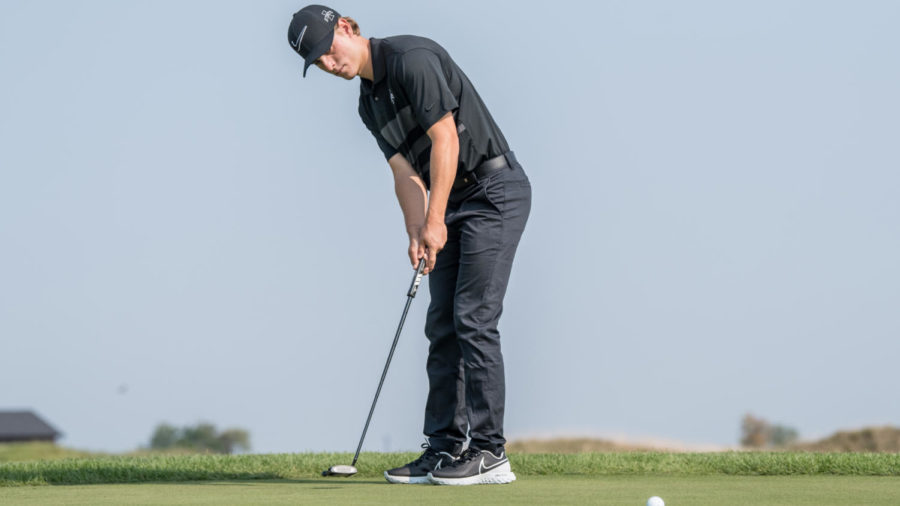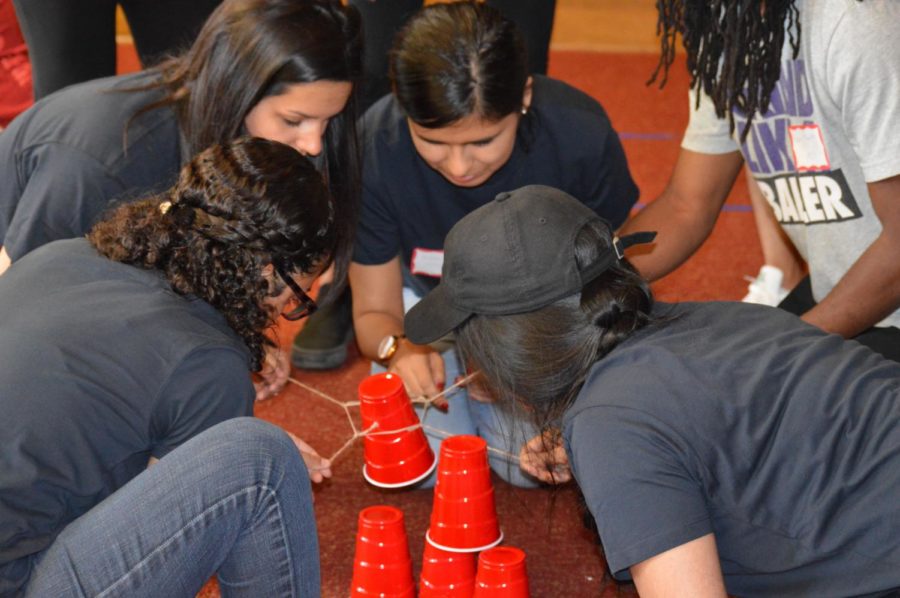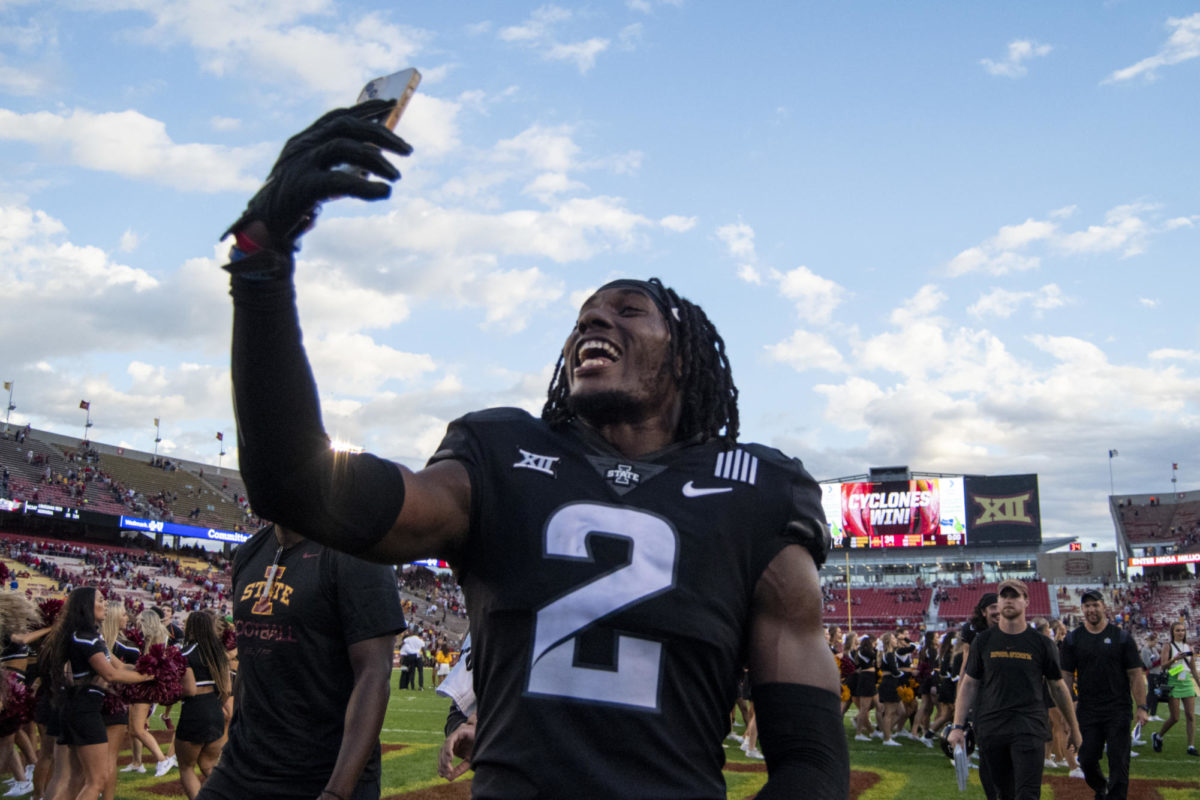Students learn about caucus rules
November 9, 2015
Students got the chance to learn about the caucus Monday afternoon at the Iowa Caucus Education workshop in the Sun Room of the Memorial Union.
There were three speakers who spoke on the intricacies of both the Democratic and Republican parties’ caucuses. The first rule for both parties requires voters to be registered with their party to participate. Both caucuses will begin at 7 p.m.
“I like caucuses because they are grassroots politics at its finest, it’s never going to get closer to your house than your precinct caucus,” said Kim Reem, president of the Iowa Federation of Republican Women (IFRW).
You can register at the Republican caucus if you can prove who you are and where you live. An up-to-date driver’s license would work best.
“Identification is key,” Reem said.
During the Republican caucus they pass around something called a ‘Lincoln’ or ‘buck bag’ to help pay for the caucus itself, where participants donate.
Josie-Bae Bradley, the caucus to convention director for the Iowa Democratic Party, spoke about how the Democratic Party goes about picking delegates and the details behind the process.
The Democratic caucus differs from the Republican caucus in that Democrats split into groups and candidates have to have enough supporters to be viable at the caucus.
Dave Price, WHO-TV’s political director and author of a book on the caucus, spoke about his history covering the caucus, why Iowa is first and about the current state of the 2016 race.
There were several groups attending a workshop that ran before and during the event.
The League of Women Voters of Ames and Story County (LWV), a nonpartisan group, were there to register people to vote. On Women’s Equality Day in August the LWV registered 130 people to vote.
“Informing the public is the duty of the LWV,” said Jean Prestman, member of LWV and Ames local.“We never endorse a candidate, we just provide an opportunity for that candidate to be heard.”
LWV works together with Ames Chamber of Commerce & Economic development to get out the vote and participate in civic engagement.
Iowa Public television was also at the event, playing a preview of an Iowa Caucus documentary set to come out in 2016.
“We’re working to join the universities in caucus events to promote our documentary series on the caucus,” said Tonya Weber Dusold, Iowa Public Television Communications manager.
Along with the Iowa Public Television was a display from the Department of Cultural Affairs about the history of the caucus.
No Labels, a national organization that focuses on getting the president and congress to work across the aisle, was also in attendance.
“There are over 100 members of congress who are members,” said Brian Voss, a senior in history.
Along with the non-partisan groups present, tables for the College Democrats and Republicans were set up. Specific candidate tables, including those for Bernie Sanders, Hillary Clinton, Martin O’Malley, Ben Carson, Rand Paul, John Kasich and Marco Rubio, were at the event.
















